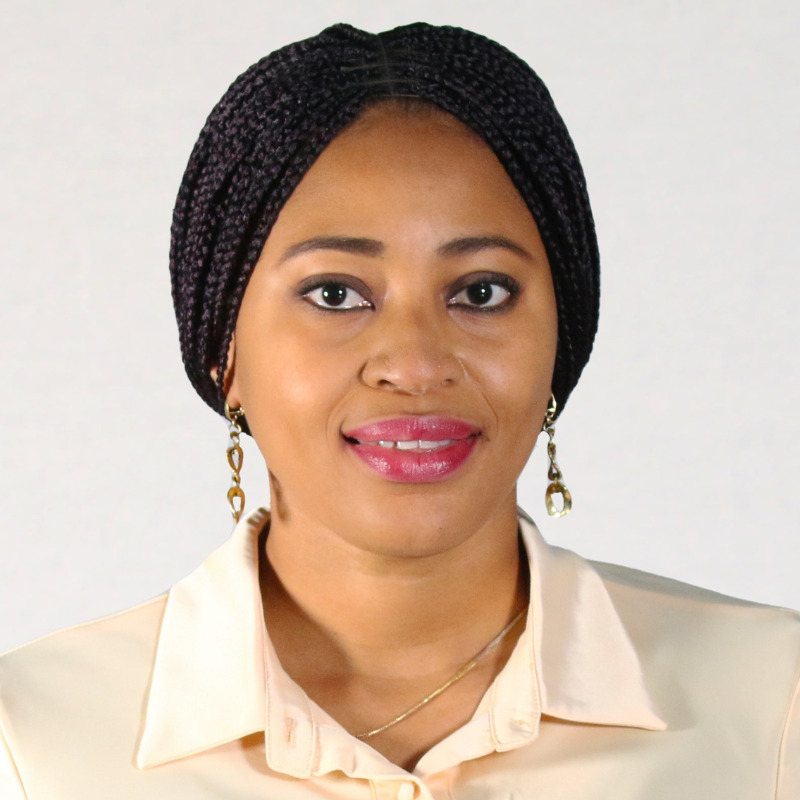Global Women’s Entrepreneurs Roundtable 2023 #EmbraceEquity
11/07/2023


On 9th March 2023, Cranfield University joined the world to commemorate International Women’s Day through a Global Women’s Entrepreneurship Roundtable #EmbraceEquity. The hybrid event which was jointly organized by the Gender Leadership and Inclusion Research Centre (GLIC) and Bettany Centre for Entrepreneurship held at the Milton Keynes Innovation Hub MK: U and alongside virtual participation from individuals from various countries including the USA, Nigeria, Switzerland, and Uganda.
Commencing at 1 pm GMT and ending with a networking session, the event featured an impressive array of speakers. Dr. Akintoye Akindele, Chairman of Platform Capital, an investment firm, delivered the keynote address. He stressed the importance of investing in female-owned businesses and cited statistics indicating that over 40% of startups globally have female founders. Dr. Akindele also noted that many female entrepreneurs equally focus on profitability, social responsibility, and environmental sustainability in their businesses. He maintained that “the future is feminine,” and investors cannot ignore female-owned businesses within their portfolios. As a student in the MSc Management and Entrepreneurship programme, I was thrilled to hear his views which aligned with the concepts taught in the Entrepreneurial finance module by Dr. Stephanie Hussels, Director of the Bettany Centre for Entrepreneurship,
The panel discussion had several esteemed panellists, including Ms. Debbie Lewis, the Regional Ecosystem Manager at NatWest; Ms. Yemi Keri, founder of Heckerbella, a digital transformation company and co-founder of Rising Tide, a female-focused angel investment network. Other notable panellists included Ms. Pauline Koebl, Founder & Managing Partner of ShEquity, an Africa-focused gender lens fund, and Ms. Michelle Theuma, owner of Onyx Recruitment. The discussion was moderated by Dr. Deirdre Anderson, Director of the GLIC at Cranfield School of Management. Other speakers were Ms. Claire Banwell Spencer, Head of the Entrepreneurship Growth Portfolio at the Bettany Centre for Entrepreneurship, and Ms. Thelma Ekiyor, an impact investor, doctoral student of the GLIC, and lead organizer.
During the panel discussion, the speakers highlighted various challenges faced by female entrepreneurs, including gender biases, and cultural, ethnic, and geographic barriers that hinder the growth of their businesses. According to Debbie, “through accelerators, there is a higher likelihood of success for 80% of female-owned businesses.” She also emphasized the efforts NatWest is making to address the issues of diversity and representation through its programmes. Michelle spoke at length about the initiatives undertaken by her organization to motivate, mentor, and support female entrepreneurs. Claire shared research conducted by Beauhurst, a UK-based research company, which indicated that in 2022, for every £1 invested, only 2p was invested in an all-female founding team, emphasizing the funding gap faced by female entrepreneurs. Furthermore, according to Pauline and Yemi, many female entrepreneurs lacked the confidence required for attracting investments, however, their organizations were implementing investment readiness programmes activities to address the issues.
It was stated that investment readiness programmes, networking opportunities, and coaching and mentoring sessions have empowered more female entrepreneurs, leading to positive outcomes. However, startup founders must deliberately seek out relevant coaching, mentoring, and business capability development opportunities. The panellists all agreed that having more female representation within investor networks would provide support, encouragement, and positive networking experiences for female entrepreneurs.
Overall, the event was a huge success in achieving its objectives of educating, inspiring, and supporting female entrepreneurship. I found the discussions to be both enlightening and practical, as they not only highlighted the challenges faced by female entrepreneurs but also provided solutions. Three things I took from the session were the importance of visioning, goal setting, and networking in entrepreneurship. On a final note, as women encounter various barriers, and biases, both conscious and unconscious biases, they require equity to succeed in entrepreneurship.


Categories & Tags:
Leave a comment on this post:
You might also like…
From classroom to cockpit: What’s next after Cranfield
The Air Transport Management MSc isn’t just about learning theory — it’s about preparing for a career in the aviation industry. Adit shares his dream job, insights from classmates, and advice for prospective students. ...
Setting up a shared group folder in a reference manager
Many of our students are now busy working on their group projects. One easy way to share references amongst a group is to set up group folders in a reference manager like Mendeley or Zotero. ...
Company codes – CUSIP, SEDOL, ISIN…. What do they mean and how can you use them in our Library resources?
As you use our many finance resources, you will probably notice unique company identifiers which may be codes or symbols. It is worth spending some time getting to know what these are and which resources ...
Supporting careers in defence through specialist education
As a materials engineer by background, I have always been drawn to fields where technical expertise directly shapes real‑world outcomes. Few sectors exemplify this better than defence. Engineering careers in defence sit at the ...
What being a woman in STEM means to me
STEM is both a way of thinking and a practical toolkit. It sharpens reasoning and equips us to turn ideas into solutions with measurable impact. For me, STEM has never been only about acquiring ...
A woman’s experience in environmental science within defence
When I stepped into the gates of the Defence Academy it was the 30th September 2019. I did not know at the time that this would be the beginning of a long journey as ...







